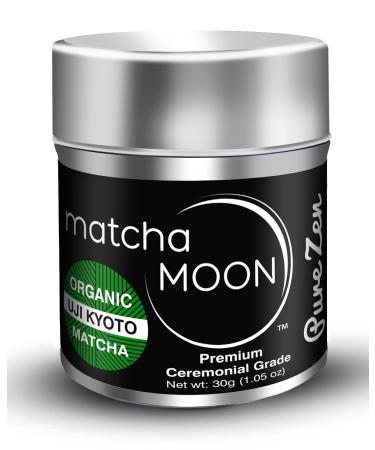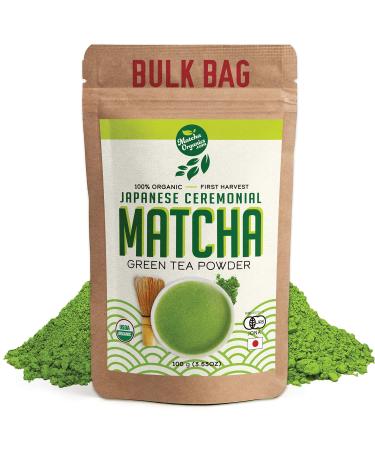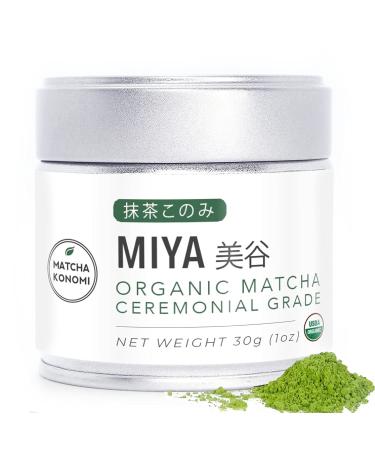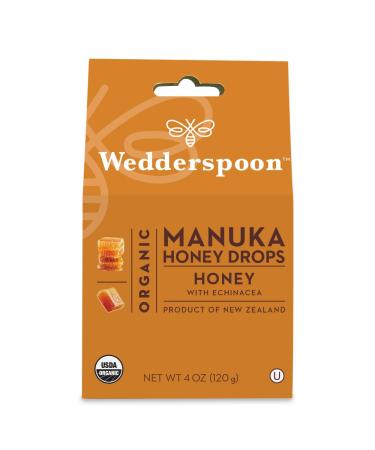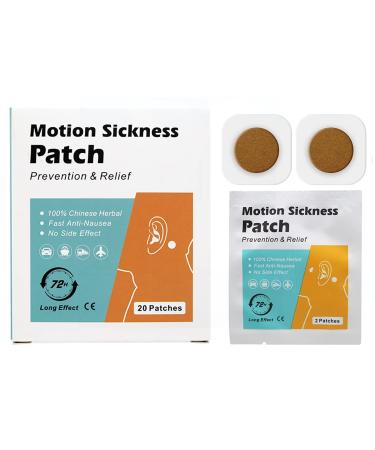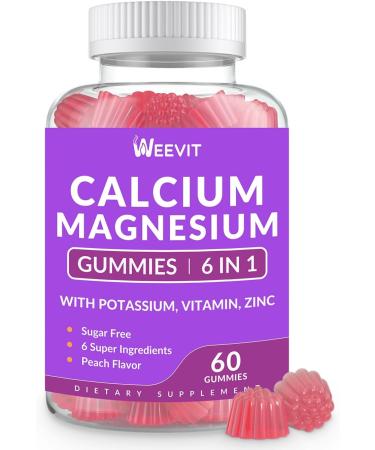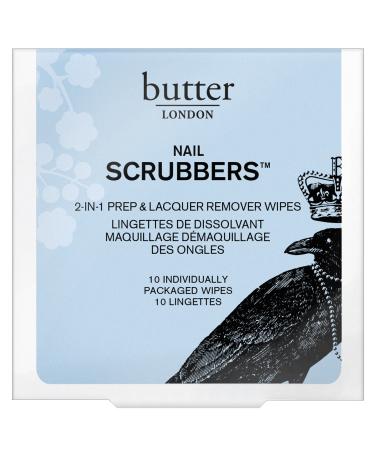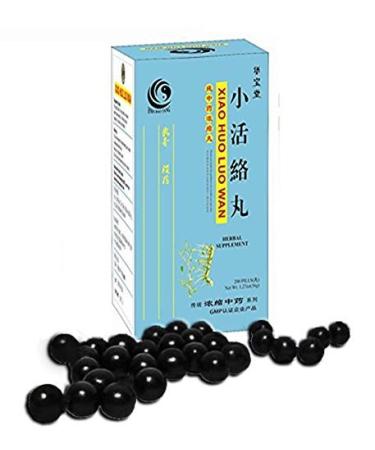How does Matcha compare to coffee Each half-teaspoon (1g) serving contains roughly 34mg of caffeine which is the equivalent to 1/3 cup of coffee. Matcha also contains L-Theanine, which has a calming and focusing effect, so it wakes you up without making you feel jittery or wired. One of the most unexpected health benefits of matcha tea is that drinkers experience a boost of energy throughout the day. In one study, researchers had thought that this was from the caffeine in matcha, but they found that it was actually the combination of matcha's natural properties. Another recent study found that matcha even improved physical endurance by 24%. Even if you aren't facing a grueling workout, matcha can help you through the everyday marathon, whether it's that project due the next day or getting the kids from school to soccer practice. Why is matcha better than loose leaf tea
Every day, countless people throw away valuable antioxidants and minerals. While seemingly unimaginable, that's exactly what happens when you brew a cup of green tea because water can only extract a fraction of green teas benefits. The majority actually remains unused, trapped in the tea leaves. In reality, the only way to truly take advantage of green teas full potential is to consume the entire leaf. But that doesn't mean you need to start eating tea leaves. The simplest solution is to just enjoy a bowl of matcha. Because matcha is straight, stoneground tea leaves, matcha provides you with green teas powerful arsenal of vitamins, minerals, antioxidants, and amino acids in a way no other green tea can.
In fact, to even begin to match the potency found in a single serving of matcha, you would need to drink at least ten cups of brewed green tea. When it comes to helping you achieve and maintain optimum health, matcha is without equal.



